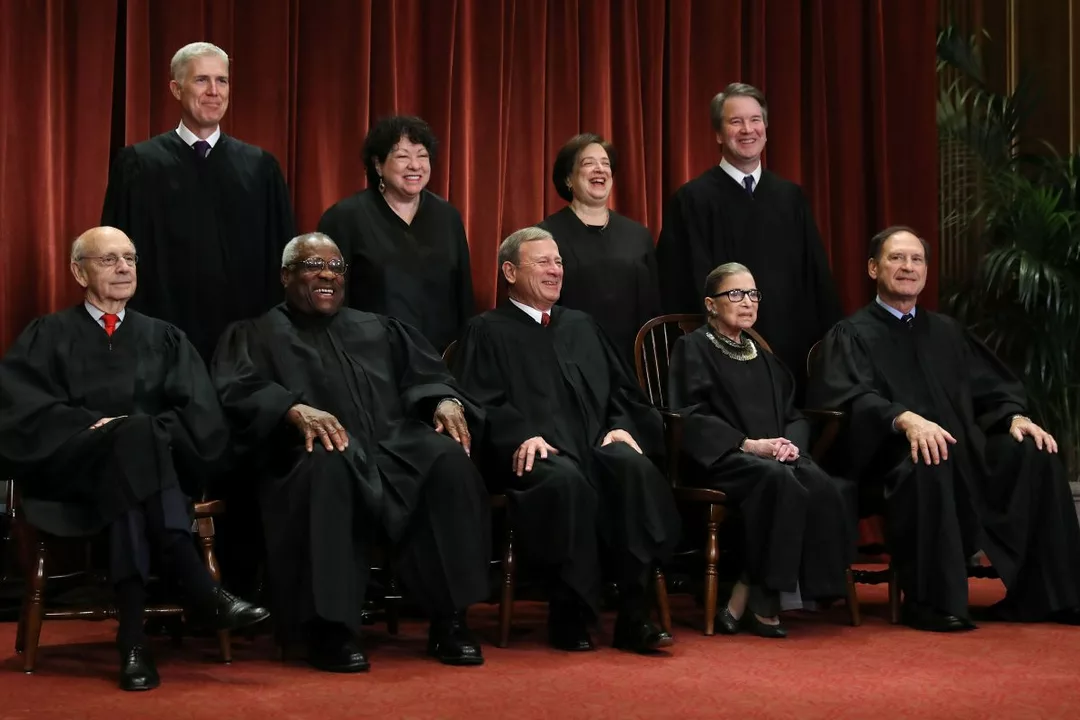May 2023 Archive – Is the Supreme Court the Most Powerful Court on Earth?
In May 2023 we posted a piece that asks a straight‑forward question: does the U.S. Supreme Court hold the title of the most powerful judicial body on the planet? The answer isn’t a simple yes or no, but the article breaks down the reasons why the Court often stands out in the global legal landscape.
Why the Supreme Court Holds So Much Power
The biggest boost to the Court’s power comes from its ability to practice judicial review. That means it can look at any law or government action and decide if it fits the Constitution. When the Court says a law is invalid, that decision becomes the final word across the entire country. Because the Constitution is the supreme rule of law, the Court’s interpretation can shape everything from civil rights to economic policy.
Another factor is the lifetime appointment of its justices. Once a president picks a nominee and the Senate confirms, that justice can serve for the rest of their life, unless they retire or are impeached. This long tenure lets a single generation of justices influence the legal system for decades, creating stability but also embedding their judicial philosophy deep into the fabric of American law.
These two features—judicial review and life tenure—give the Supreme Court a level of authority that few other courts around the world match. In many countries, the top court can be overridden by parliament or has limited power to strike down legislation. In the U.S., the Supreme Court stands almost alone in its final say over constitutional matters.
What Checks Keep the Court in Balance
Even with that power, the Court doesn’t operate in a vacuum. The Constitution sets up a system of checks and balances that keeps any single branch from running wild. Congress can pass new laws or amend the Constitution to address a Court ruling it disagrees with, though changing the Constitution is a tough process.
The president also plays a key role by nominating justices. A president’s political leanings shape the Court’s composition for years, but the Senate must confirm each nominee, adding another layer of scrutiny. If the Senate refuses a nominee, the president has to look elsewhere.
Public opinion, while not a formal check, exerts pressure as well. High‑profile decisions often spark nationwide debates, protests, or media coverage that can influence future nominations and legislative actions. In short, the Court’s power is strong, but it’s balanced by the other branches and the public.
Understanding these dynamics helps you see why many consider the Supreme Court the most powerful judicial body on Earth, and also why it remains a part of a larger democratic system. The May 2023 article dives deeper into real‑world examples, like landmark cases that reshaped civil rights and economic regulation, showing the Court’s lasting impact on everyday life.
If you’re curious about how this power plays out in specific cases or want to see how other countries compare, the full post offers a clear, no‑jargon rundown. It’s a quick read that gives you the big picture without drowning you in legalese.
Is the Supreme Court the most powerful judicial body on Earth?
In my opinion, the Supreme Court indeed holds the title of the most powerful judicial body on Earth. With its power of judicial review, it has the final say on the constitutionality of laws and government actions. The court's decisions have shaped societies and have had long-lasting impacts on various aspects of life. Moreover, the justices appointed to the Supreme Court serve for life, granting them the ability to influence the legal landscape for decades. However, it's important to remember that the court's power is still subject to the system of checks and balances, ensuring that no single branch of government becomes too dominant.
